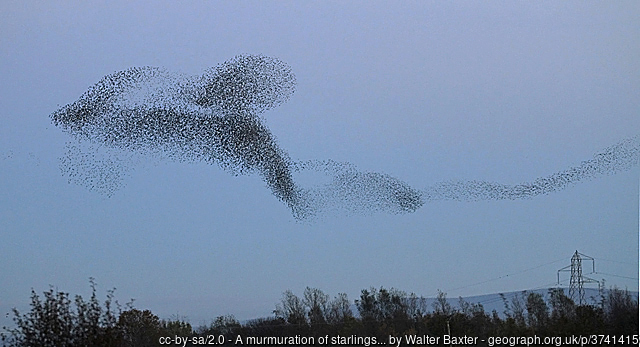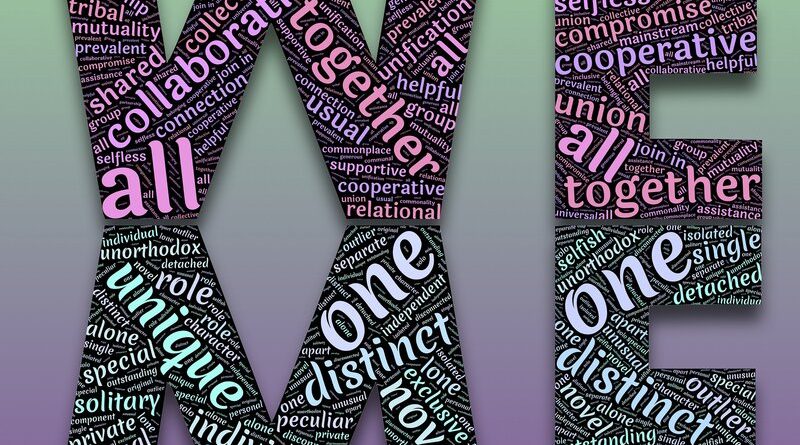10Aug
22Feb
Books to help you work well with people
People are tricky. We’ve got a lot of moving emotional parts, so we do well when we handle each other with care. Innocent mistakes are easily made and work can really suffer if things go wrong when we’re trying hard to get it right. The trouble is, the saying ‘you can’t please all of the people all of the time’ is true. So how best to deal with that? I’ve spent 26 years studying people skills closely as I’ve helped people collaborate and build partnerships. This article is a quick share of some of the ‘go to’ books I recommend when coaching people in the art of leading together. Hope you find them as useful as me. Humankind, a hopeful history by Rutger Bregman is a valuable read because it gives clear evidence in favour of having faith in others. Bregman puts the stories of mistrust and conflict that surround us...
09Feb
Leaders in Coworking Flock to put people and planet first
I've just published a piece on my Medium page about how I'm helping to bring coworking leaders across the UK together for the benefit of people and the planet. The impact of coworking on UK society is hugely underestimated. It's a hotbed of innovation and change, and rich in people whose work reflects concerns about the 'big' social and environmental issues of today. This is partly because the sector is full of very driven independent entrepreneurs - so it's self-organising by nature. Just like nature, it's power to make vast changes comes through the magnifying effect of many small actions. The magic of self-organising comes from the freedom to act swiftly, experiment and learn. But! There are flip sides to everything, and duplication occurs if lots of independent people act fast, responding to similar conditions. That's not a bad thing - often it's part of the way the problem gets solved, but...
02Sep
Appreciative Inquiry workshops for board members
This post outlines workshop content for helping board members develop a strengths-based positive approach to leadership development and organisational change.
30Nov
Why Collaborative Advantage matters
This post was first published on my old 'Pollin8or's Blog' site (30/Nov/2018). Collaborative Advantage, a phrase coined by Siv Vangen and Chris Huxham in 1989, is the compelling argument for investing time and effort into partnership work. The Ubiquity University slide below cites a UNESCO study ranking collaborative skills as the most important for effectively addressing problems in the context of complex systems. At the time of writing, I haven’t found an website dedicated to the promotion of generic partnership skills and the art of collaboration. There’s plenty of organisational guidance for stakeholders on the subject, and good resources scattered among the pages of excellent things like the Participatory Learning and Action Guide but the only knowledge base for learning, exchange and improvement of the collaborative working/ partnership practices I’ve found so far is this one for charities by the NCVO. In the meantime – here’s a set of notes based mainly on insights from Elizabeth Lank’s excellent book ‘Collaborative Advantage’ from...
30Oct






